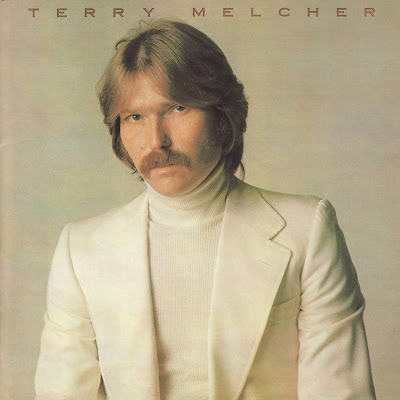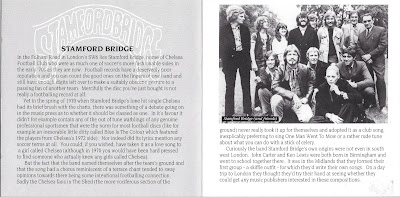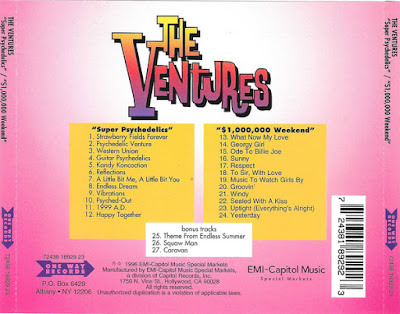
After scoring 24 Top 40 hits between 1957 and 1962, the Everly Brothers went cold in 1963, failing to reach the Billboard Hot 100 even once. They made a slight recovery in 1964, placing two songs in the chart, one of which, "Gone, Gone, Gone," made the Top 40. But in essence, their commercial run was over, though, of course, they didn't know it yet. This two-fer CD includes the contents of two LPs from the era and other recordings, most of them made in 1963 and 1964. The only coherent album collection is the initial 12 tracks making up Sing Great Country Hits, recorded in June 1963 and released in October.

Here, the
Everlys, as the title indicates, provide their renditions of songs that
were hits in the country charts for the likes of Don Gibson, Johnny
Cash, and Hank Williams, among others. There are ringers in the
selection. "Silver Threads and Golden Needles" did make the country Top
20, but it came from the Springfields, the British folk trio that
produced Dusty Springfield, and was more of a pop song; "Lonely Street"
was the Andy Williams pop hit that, as Andrew Sandoval reveals in his
liner notes, Don Everly felt was stolen from the brothers when both acts
recorded for Cadence Records in the '50s. Recording in Hollywood, the
Everlys are backed by an A-list of session musicians including guitarist
Glen Campbell and pianist Leon Russell, who does his best to imitate
Nashville's Floyd Cramer on the tracks.

In the fall of 1964, when the Everly Brothers returned to the Top 40
with their self-written "Gone, Gone, Gone," Warner Bros. Records,
hastily cobbled together an album of the same name to tie in with the
hit, using some recently recorded material, other tracks that had
appeared on recent singles, and even some songs that dated back to 1960
when the duo began at the label. For all that, it wasn't such a bad
album, dominated by songs written by Felice & Boudleaux Bryant, who
had penned many of the brothers' hits; John D. Loudermilk; and the
Everlys themselves. The compilation adds another 11 tracks recorded in
1963-1964, among them the previously unreleased "I Think of Me" and
"Girls, Girls, Girls (What a Headache)," and a previously unreleased
alternate take of "Trouble." Again, these are songs written by the
Everlys, the Bryants, and the Brill Building team of Barry Mann and
Cynthia Weil for the most part, so this is good material, performed in
the Everly Brothers' familiar style. It just so happens that they were
not as popular (if they were even released at the time) as the hits the
Everlys had scored earlier in their career.(William Ruhlmann, allmuic.com)
Enjoy.(Frank)
Flac


















































